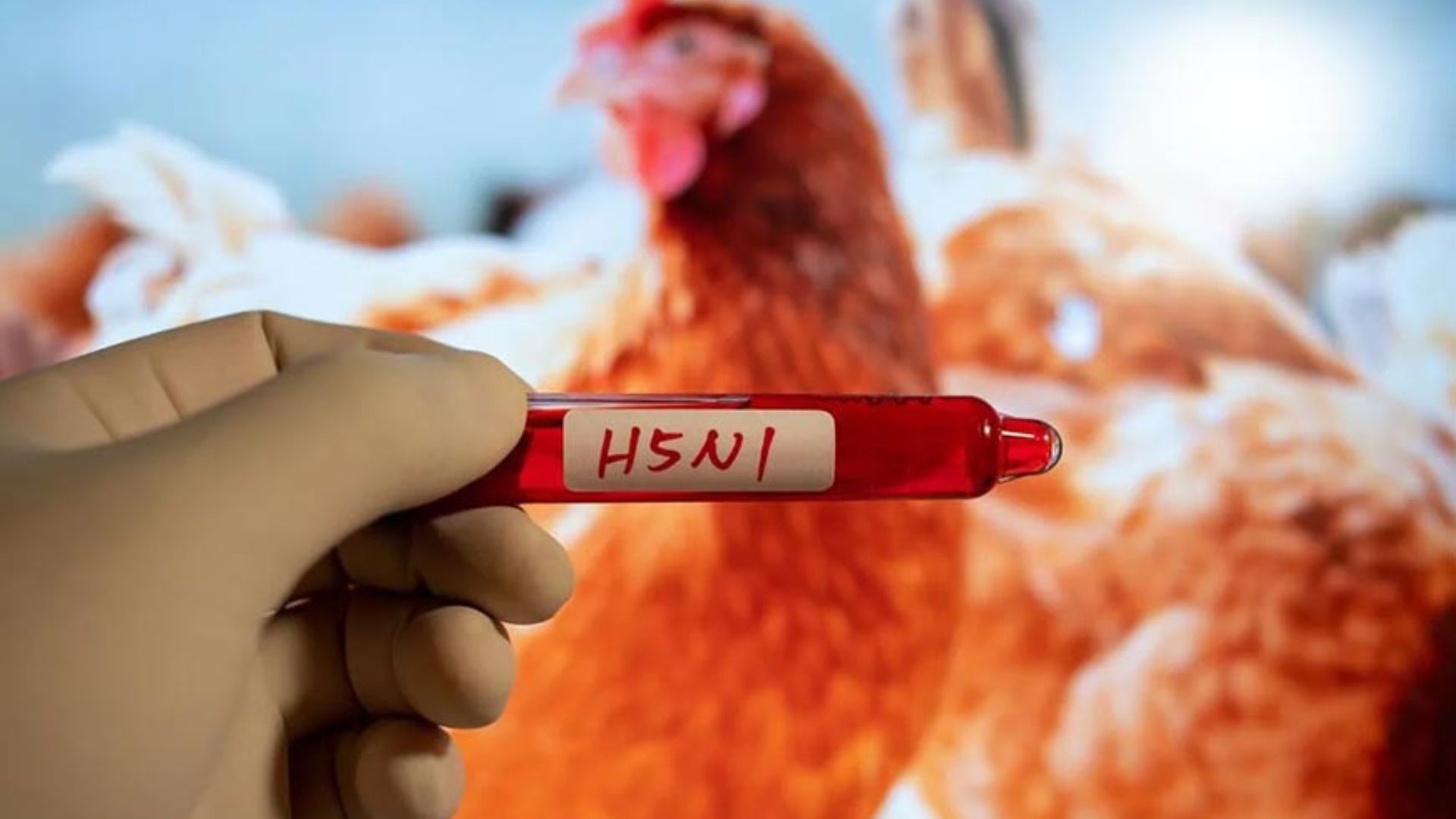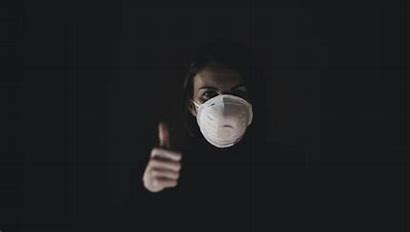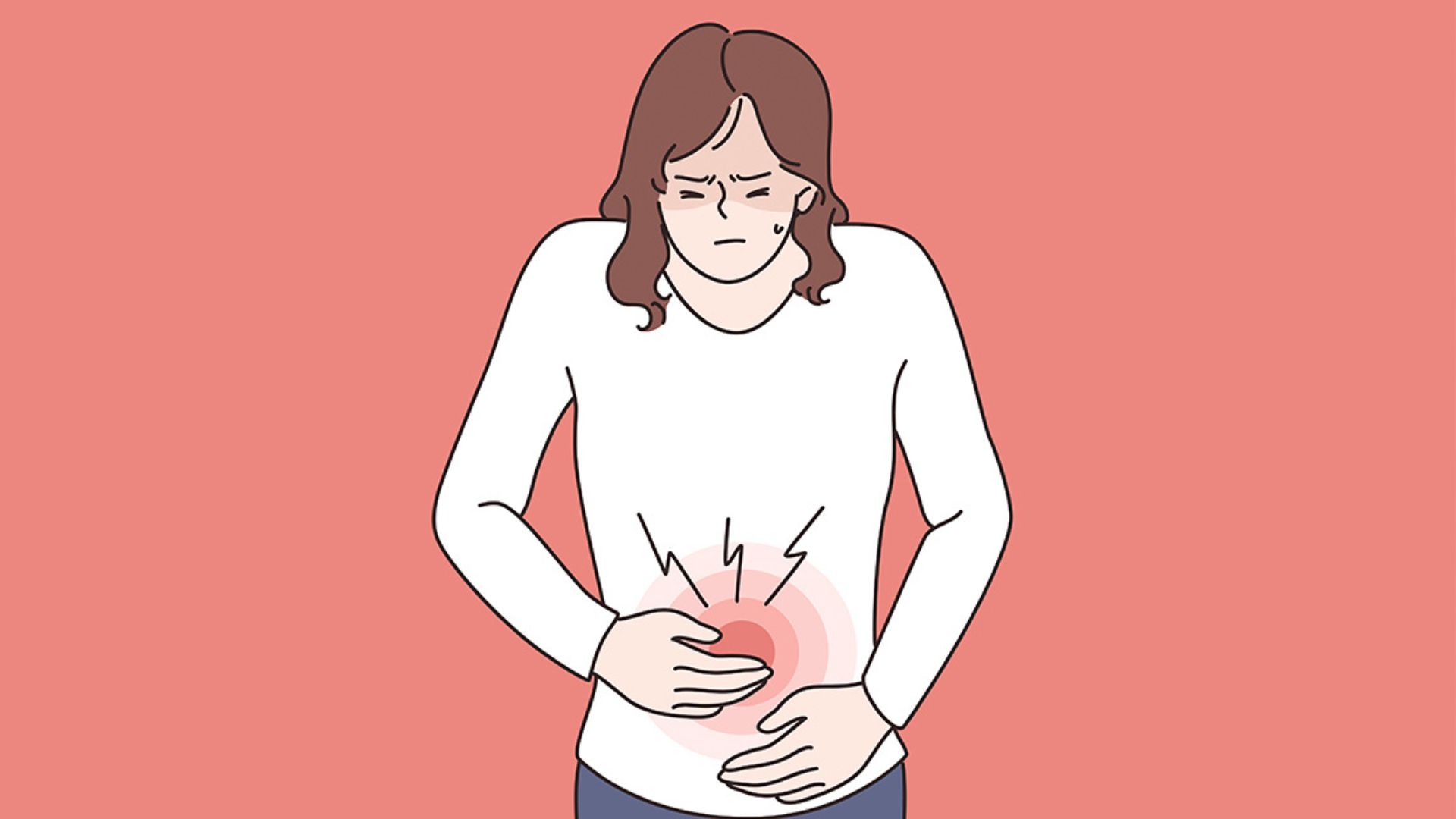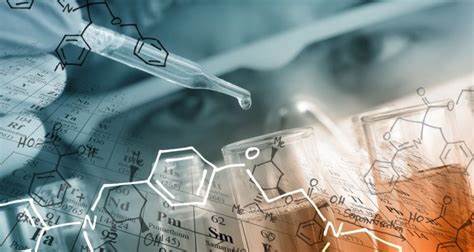There has been an alarming increase in the number of cancer cases in India in the last few years, particularly among the younger population. Estimates indicate that in our country, there were 1.16 million cancer cases in 2018 alone. The incidence is increasing and of the six most common types, the number of breast cancer cases stands at 162,500, as per the International Agency for Research on Cancer (IARC) and the World Health Organization (WHO). Further, about 1 in 28 women is likely to develop breast cancer during her lifetime. What makes treatment difficult is the lack of awareness about the risk factors and symptoms, which further leads to a delay in diagnosis of the condition. As we are observing Breast Cancer Awareness month, there is a need to focus on the importance of early detection and diagnosis to prevent fatalities.
While research is on to find out the exact cause of breast cancer there are certain risk factors associated with its occurrence. It is usually seen in women over the age of 55 years but increasingly younger women are being diagnosed with the disease as well. Genetic history has a major role to play in breast cancer as about 13% to 19% of women diagnosed with the disease have an affected first-degree relative (mother, daughter, or sister) compared with slightly fewer (8%–12%) of women without it. In many women, cancer in one breast can increase the risk of being diagnosed with cancer in the other one. Women with a history of early menstruation, late menopause, or those who had late pregnancies are at a higher risk.
Certain women have dense breast tissue, which can make the detection of lumps difficult. An unhealthy sedentary lifestyle with a diet high in saturated fat and processed food along with obesity, smoking and alcohol contribute to the risk. Also, undergoing radiation therapy of the chest before the age of 30 can increase the risk of breast cancer. Women on Combined Hormone Replacement Therapy (HRT) for menopause are particularly susceptible.
It is important to remember that this disease is not contagious. It also cannot be caused due to things like bras, deodorants, perfumes, caffeine, microwaves and cell phones. Such myths need to be busted by creating more awareness about breast cancer. Women who are above the age of 45 should get a screening mammogram every year until the age of 54. In women older than this age, the screening should be done biennially. Due to Covid-19, women are wary of going to hospitals for check-ups and may miss their mammograms, causing a delay in diagnosis. However, even though hospitals visits are to be avoided to reduce exposure to the virus, the importance of prevention cannot be underscored.
Tips to prevent breast cancer:
• Limit alcohol consumption to 1 drink per day as even small amounts can increase risk.
• Research indicates that there is a link between smoking and breast cancer and therefore, it is best to quit the habit.
• Control your weight and be active as obesity increases the risk of breast cancer. Indulge in physical activity for about 30 minutes a day to reduce weight.
• Breast-feeding might play a role in breast cancer prevention. The longer you breast-feed, the greater the protective effect.
• Combination hormone therapy for more than three to five years increases the risk of breast cancer. Use the lowest dose that works for you and continue to have the doctor monitor the length of time for which you take the hormones.
• If you have a family history of breast cancer in your mother or sister get a cancer tumour marker done regularly as advised by your doctor.
The writer is a Gynaecologist and Consultant Women’s Health at Medtalks













